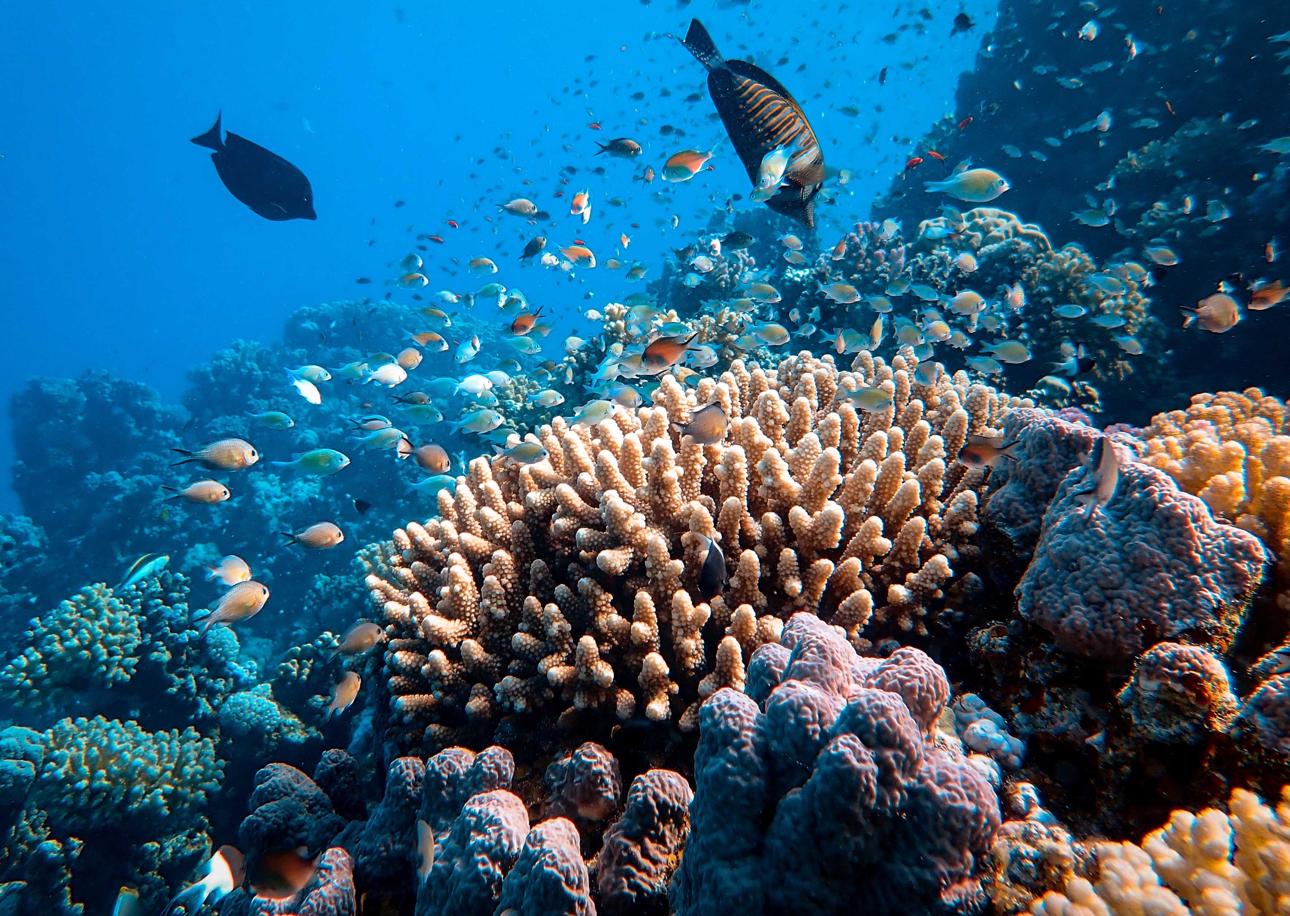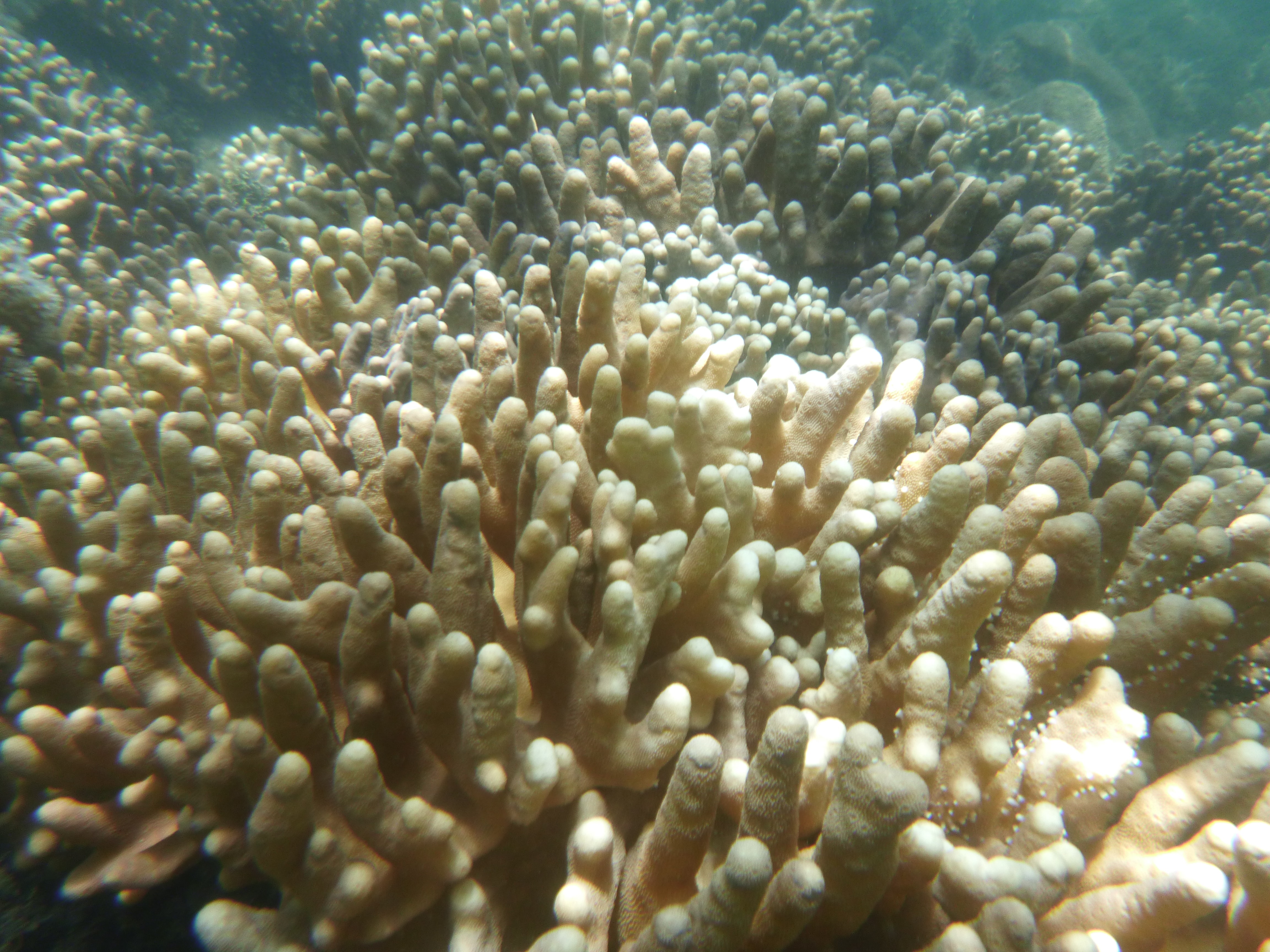10 Thai Horror Films Featuring Beautiful Ghosts
From haunting folklore to modern urban horror, here are 10 Thai horror ...

One of the world’s most celebrated natural jewels just got some great news: the Great Barrier Reef in Australia has recorded the highest amount of coral cover in nearly four decades.
According to an annual report by the Australian Institute of Marine Science (AIMS), the findings reported that the northern and central areas of the Great Barrier Reef showed the highest amount of coral cover since records began 36 years ago. Although this is good news, the crisis isn’t over. The report warns the new coral is still highly vulnerable to climate change and mass bleaching.
The leading causes of coral bleaching are increases in ocean temperatures and seawater dilution caused by pollution. Coral bleaching causes coral to lose their vibrant colors and turn pale. When corals are stressed by changes in conditions like temperature, light, or nutrients, they expel the microscopic algae living in their tissues, causing them to turn completely white. Bleached corals are not dead, but they are under more stress, and are more susceptible to disease. Coral reefs are such delicate ecosystems that once they’re stressed, it’s difficult to bring them back on track.

While the northern parts of the UNESCO world heritage-listed reef have experienced some recovery, the southern region has seen a sustained loss of coral and because of this, the reef is still vulnerable to severe disturbances. Back in 2016 and 2017, the reef suffered heat waves that caused severe bleaching. This year, it’s suffering a sixth mass bleaching due to heat stress caused by climate change. AIMS CEO Paul Hardisty has said that the Reef is still at risk of temperature stress, bleaching and potentially mortality every summer and our understanding of how the ecosystem responds to that is still developing.
“The 2020 and 2022 bleaching events, while extensive, didn’t reach the intensity of the 2016 and 2017 events and, as a result, we have seen less mortality,” Hardisty said. “These latest results demonstrate the Reef can still recover in periods free of intense disturbances.”
To learn more about coral bleaching, visit barrierreef.org and to read the full AIMS report, visit aims.gov.
From haunting folklore to modern urban horror, here are 10 Thai horror ...
In Emerald Fennell’s adaptation of Wuthering Heights, colour is not decorative. It ...
Inside River City Bangkok, a thousand worlds emerge through art, antiques, architecture, ...
Discover how Dr Chaweewan Hutacharern leads FEED Thailand in turning forests and ...
Wandering around the globe, try out the signature tastes of cultures across ...
These top 5 barber shops in Bangkok are where gentlemen can elevate ...
Wee use cookies to deliver your best experience on our website. By using our website, you consent to our cookies in accordance with our cookies policy and privacy policy